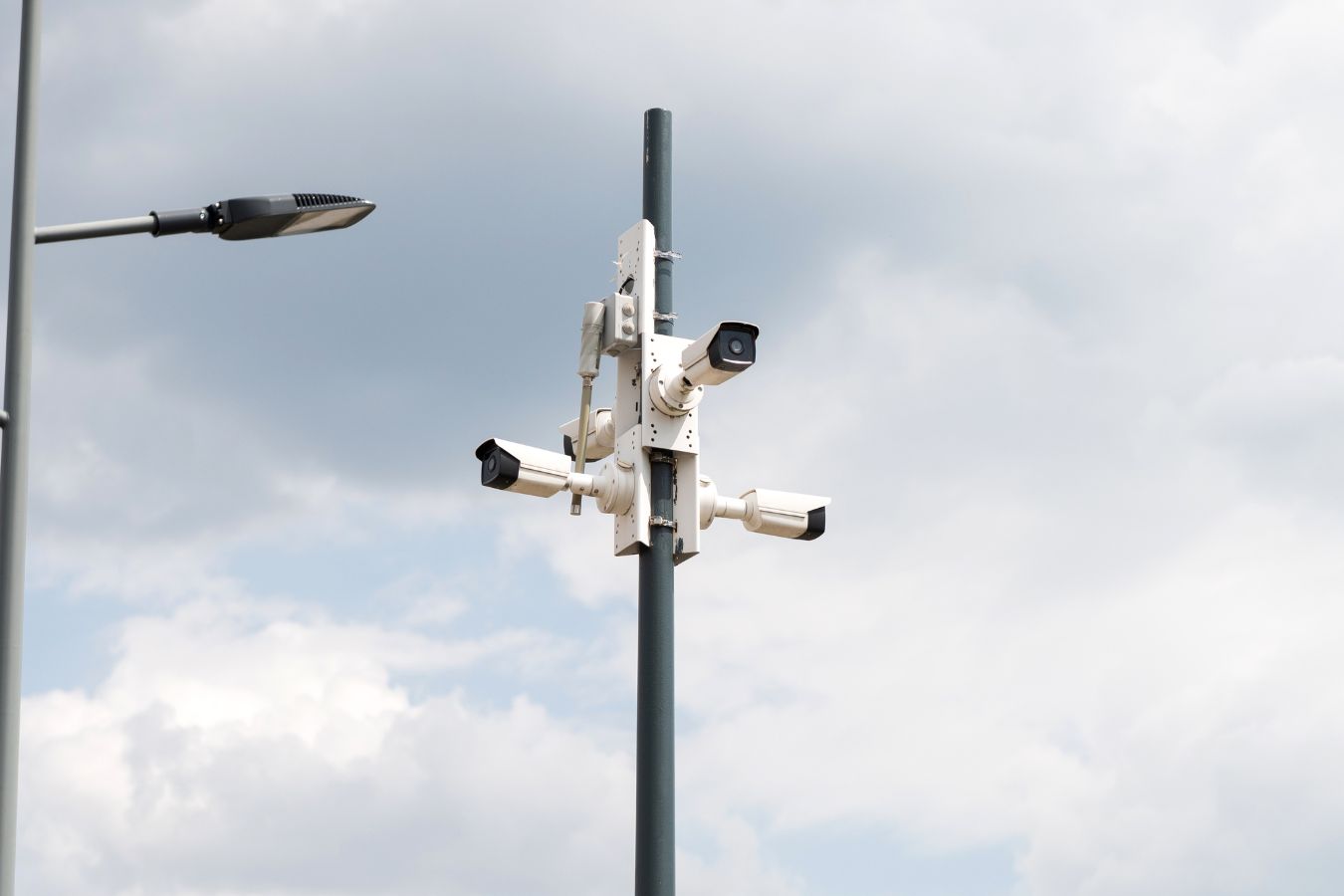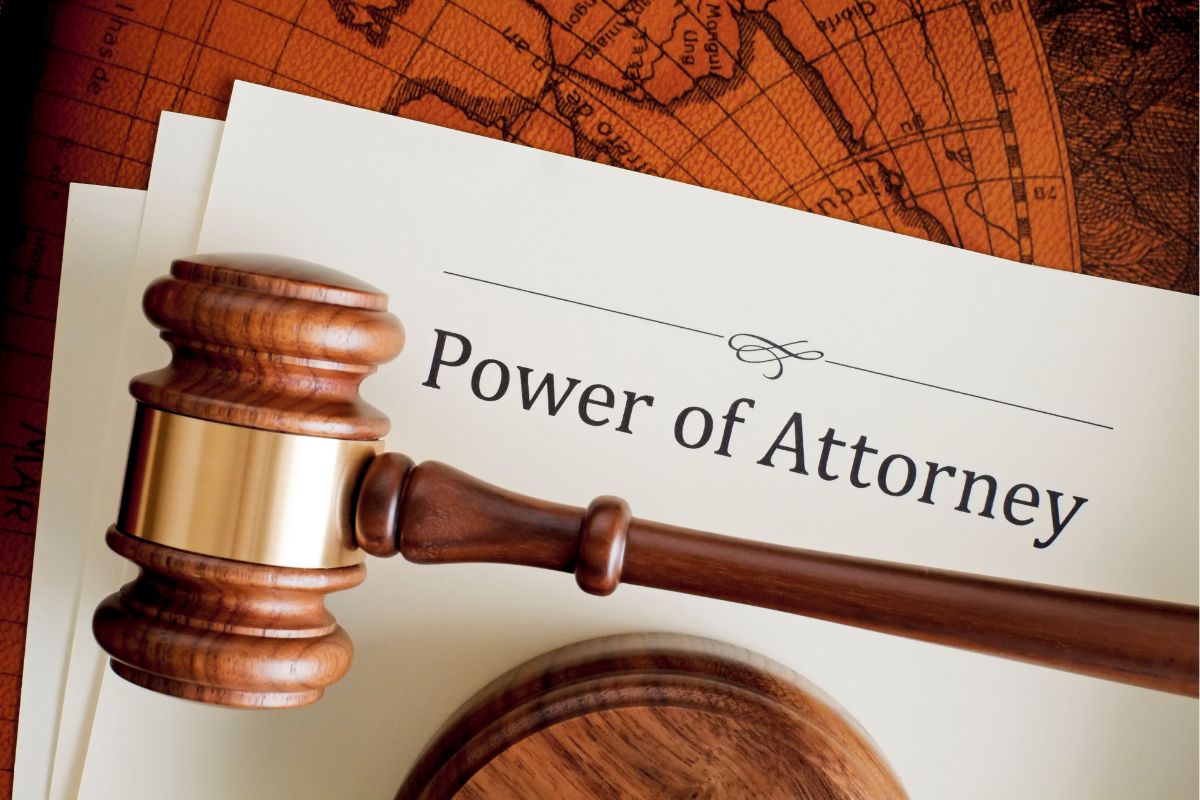
We all post about our lives online. Whether it’s pictures, check-ins, or status updates, social media is like an open book—until it begins to pose a threat in a legal matter.
How Your Social Media Can Sabotage Your Injury Claim
If you’re claiming personal injury in Springfield, even one posting can be manipulated to cast doubt on your credibility. For instance, a photo of you at a party could be used to argue that your injuries are not as severe as you claim. What may appear to be an innocuous photo or offhand remark could become Exhibit A for the defense.
That’s why working with Personal Injury Lawyers Springfield Trusts is so essential. At Rah Law, we’ve handled countless injury claims where social media played a surprising role—sometimes helping but often hurting. Our experienced team can guide you through this complex landscape.
Why Social Media Matters in a Legal Case
In personal injury lawsuits, the opposing side seeks anything that contradicts your narrative. A single scroll through your page might provide them with just that. Insurance companies and defense lawyers commonly track your public activity to deny your injuries or challenge your damages. This is because any information that can be used to undermine your claim, such as posts showing you engaging in physical activities despite your claimed injuries, can be detrimental to your case.
A 2022 report from ABA Journal states that more than 67% of defense lawyers confirmed that they used social media material to cross-examine plaintiffs. That’s a prominent figure—and a significant motivator to pay attention to your posts.
Even if your page is set to private, the material may still be obtained through legal discovery or even fictional profiles. However, understanding and managing your privacy settings can give you a sense of control over your online presence.
Yes. Missouri courts will allow evidence presented on social media if it is pertinent to your case. Defense lawyers can petition for private content access during discovery. This means posts, pictures, and messages that may comment upon your physical or emotional health, thus making online presence control, or the careful management of your online activity to avoid any content that could be used against you, of paramount importance.
Is Your ‘Private’ Profile Private? Missouri Personal Injury Lawsuits Social Media Privacy
Setting your profile to “private” doesn’t make it invincible; it’s a myth. Missouri courts have permitted the discovery of social media information if the content is relevant to the case. That means defense lawyers can obtain access to your posts—yes, even private ones—if they think that they hold some information regarding your injury, activity level, or emotional state.
Even worse? People may make fake accounts to get into your account. Or else they see what your friends are putting up and tagging you in—making it public.
So, privacy settings do aid, but they don’t protect you entirely. Always behave as if whatever you are posting would be read out in court.
The ‘Do’s & Don’ts’ of Social Media After an Accident
Understanding what not to do (and doing the opposite instead) can make a significant difference in your situation. Here’s a brief guide to assist you in safeguarding your injury claim:
DON’T:
- Post about the accident, injuries, or recovery.
- Accept new friends or follow requests.
- Delete any previous posts (it can look like you’re covering something up).
- Complain about your claim or the legal process.
- Upload photos of yourself being physically active or socializing.
DO:
- Set all social media accounts to private immediately.
- Ask friends and family not to tag you or post about your situation.
- Consult with your attorney before sharing anything online.
Yes. Deleted messages may be recoverable via forensic tools or subpoenaed from the source itself. Taking down content following an accident would also amount to destroying evidence, which can badly damage your credibility and case.
Think Before You Share: Why Social Media Silence is Golden for Your Springfield Personal Injury Case
Here’s a basic fact I inform all my clients: silence is your friend when you’re part of an injury claim.
Even something innocuous—let’s say a throwback photo, a joke, or a selfie—can be misconstrued. A defense lawyer may state that you’re not hurting, that you’re not emotionally troubled, or that you’re just hyping up your condition. That’s why it’s better to remain mum online while your case is ongoing.
If you genuinely must post, consult with your Personal Injury Lawyer in Springfield initially. Better safe than sorry.
Deleted But Not Gone: The Persistence of Social Media Data in Personal Injury Cases
You may assume that erasing that post will solve the issue—but it won’t. Content that is erased isn’t erased. Social media networks tend to keep deleted information, and forensic technology experts can retrieve it. Even worse, erasing posts in a litigation process can appear like an attempt to conceal evidence.
This may damage your credibility in court. Judges even permit juries to assume that you removed something harmful to your case. Bottom line: don’t delete—talk to your lawyer first.
Deactivating may be helpful but is not always the choice. What’s of greater significance is refraining from new activity and seeking advice from your attorney before altering things. Don’t get rid of your profiles—just suspend them if necessary. That way, you avoid appearing as though you’re concealing proof.
A Lawyer’s Guide to Navigating Social Media While Your Claim is Underway
At Rah Law, we’ve assisted individuals throughout Springfield in safeguarding their injury claims from some of the most prominent online errors. Here’s our no-nonsense advice:
- Avoid or limit your internet use.
- Steer clear of sites like Facebook, Instagram, and TikTok.
Inform your network not just to safeguard you but also to protect them from unwittingly jeopardizing your claim.
Get us permission before posting anything that could be even slightly associated with your injury, recovery, or lifestyle.
This is not legal advice—it’s an element of crafting a strong, honest case that can withstand questioning.
If you’re making a claim and don’t know what you’re allowed to reveal, speak to someone familiar with the rules. At Rah Law, we’re not only here to represent you—we’re here to counsel you. From day one, our responsibility is to guard every element of your case, both in court and online.
Let a Springfield Personal Injury Attorney assist you in safeguarding what is essential to you. Don’t risk your entire case with a tweet, post, or picture.
Need guidance immediately? Call (417)512-2333 Rah Law—we’re waiting for you.




